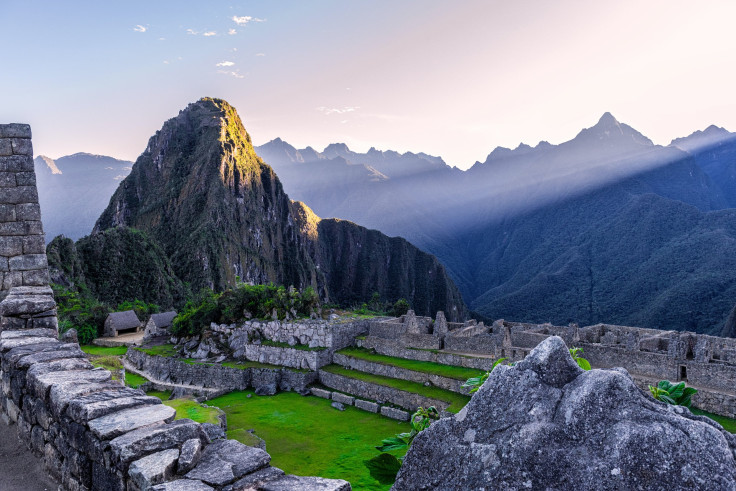As protests against the government continue in Peru and the violence between the two groups increases, entry to the ruins of Machu Picchu for tourists has been barred temporarily on Saturday as a way of protecting the tourists who might enter the country.
The Decentralized Culture Directorate and Machu Picchu Historical Sanctuary Directorate released a statement saying that Machu Picchu and the Inca Trail Network have been suspended indefinitely due to the escalating violence of the protests against the government, according to CNN.
The announcement by the government regarding this cancellation reportedly left over 418 tourists stranded in the area. By Sunday, however, Tourism Minister Luis Fernando Helguero said that the 148 foreigners and 270 Peruvians were safely evacuated from the area through trains and buses, BBC reported.
This also happened recently when the protests first began in December, with hundreds of tourists being airlifted out of the area after protestors had blocked the trains or damaged the tracks leaving the area. Tourists with tickets for Jan. 21 can reportedly get a refund or use them up to one month after demonstrations officially end.
The protests, which began after then-President Pedro Castillo was ousted and replaced with Dina Boluarte, have descended to the capital city of Lima after being largely secluded within the southern parts of the country. All of them are demanding the resignation of Boluarte and the closure of Congress, among other demands, the Associated Press reported.
Boluarte has refused to step down from her position despite increasing calls from the public to do so.
The government has responded violently to the protests, with hundreds of police officers raiding the National University of San Marcos to remove the protesters who were staying there, reportedly using violence to take control of the city. Over 100 protesters were reportedly arrested in the process.
As of Friday night, 55 protesters were killed, including one death and nine being injured over a recent assault by the police in the region of Puno in the country.

© 2025 Latin Times. All rights reserved. Do not reproduce without permission.





